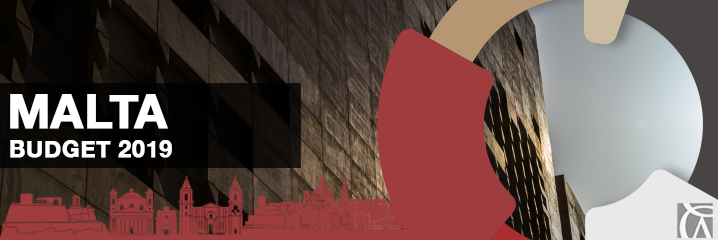The budget as presented by Hon Edward Scicluna
The government announced the budget for 2020, stating incentives related to safeguarding the environment, improving infrastructure, as well as economic growth.
The Malta Budget 2020 was presented by the Hon. Finance Minister Edward Scicluna on the 14th October 2019. It aims to encourage further growth of Malta’s economy through a number of incentives.
The priorities of this Budget are safeguarding the environment, sustainability in energy and water management, improving the road network, investing to promote social justice and achieving a gender balance in Parliament.
Malta Budget 2020
The Minister of Finance announced that the Government will not increase any taxes in the coming year due to stay stable economic growth of Malta’s economy. The Government will continue to implement investments in infrastructure of the country by further improvement of roads, maritime transport facilities, medical facilities and investments in student facilities. It will also seek to strengthen economic growth and competitiveness. The budget stresses the importance of sustained and inclusive growth via a fair distribution of income and social protection.
Malta Budget Highlights
• 15% tax on the first 100 hours of overtime for workers who are earning less than €20,000 a year and who do not occupy managerial positions.
• Extension of reduced stamp duty of 1.5% on intra-family transfer of business.
• The first-time buyer scheme shall remain in place and will be extended to exempt the first €175,000 from stamp duty.
• Low-income earners who are under 40 years may benefit from an interest-free loan of up to €17,500.
• The first €100,000 of profit derived from a transfer of a promise of sale shall be subject to a final tax at a reduced rate of 15%.
• Weekly cost of living increase of €3.49 per week.
• A tax refund for workers earning less than €60,000, the refund will range between €40 and €68.
• There will be further increase of amount of pension income which will be exempt from income tax.
• Incentive to encourage wider use of electric cars by application of a reduced electricity tariff to electric car owners who charge their cars at home.
• Introduction of environmental incentives: grant on purchase of renewable energy battery storage and on purchase of bicycles, electric bikes and motorcycles; complete ban of single use plastics as of 2020.
• Supporting education by extension of VAT exemptions on educational services.
• Encouraging innovation and investments in Artificial Intelligence and Internet of Things.
• A one-time allowance of €300 for each born or adopted child in 2020.












